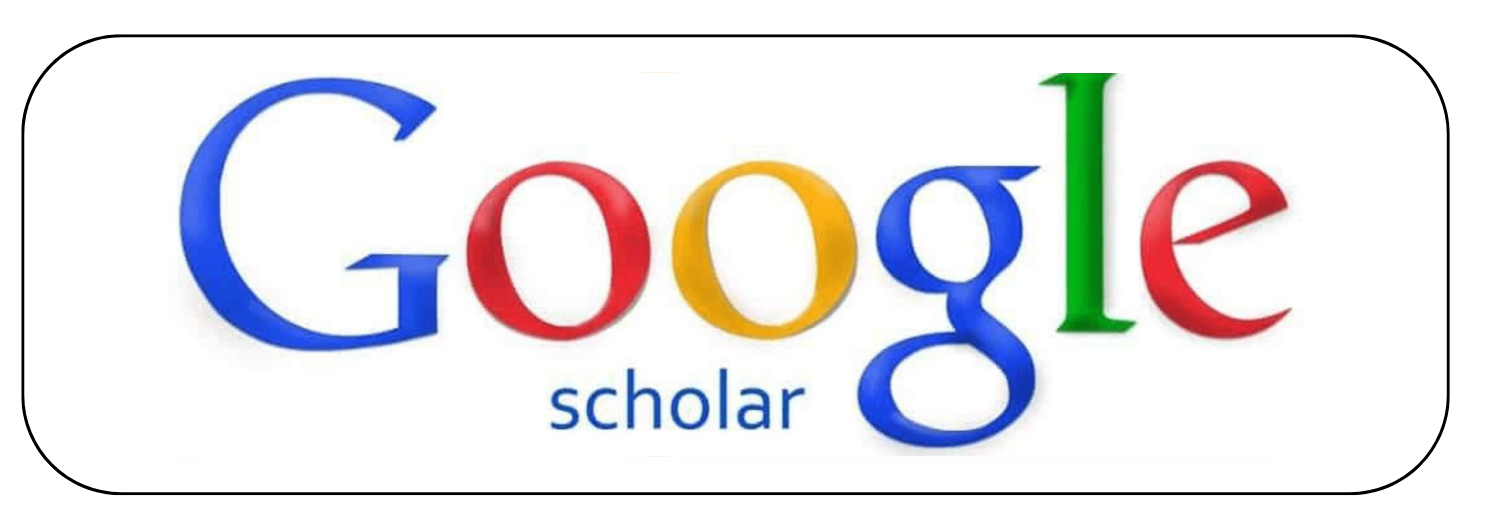The Influence Of Islamic Financial Literacy, Religiosity, And Service Quality On The Decision To Save at Islamic Banks with Trust as an Intervening Variable in Jambi Province
DOI:
https://doi.org/10.61688/ajpbs.v5i1.307Keywords:
Sharia Financial Literacy,, Religiosity, Service Quality, Trust,, Saving Decisions.Abstract
This study examines and analyzes the influence of Sharia financial literacy, religiosity, and
service quality on saving decisions in Islamic Banks with trust as an intervening variable in
Jambi Province. This study has a sample size of 115 respondents representing each
district/city in Jambi Province with a proportional nonrandom sampling technique. The data
used were primary data obtained from distributing questionnaires. The research analysis
method used Structural Equation Modeling Partial Least Squares (SEM-PLS) and data
processing techniques using descriptive statistical analysis techniques and Partial Least
Square (PLS) analysis with the help of SmartPLS 4.1.0.2 software. The results of this study
indicate that Sharia financial literacy, religiosity, and service quality have a positive and
significant effect on customer trust in Islamic banks in Jambi Province. Sharia financial
literacy and service quality positively and significantly affect customer decisions to save at
Islamic banks in Jambi Province. However, religiosity does not affect saving decisions at
Islamic banks in Jambi province. Trust positively and significantly affects saving decisions
at Islamic banks in Jambi Province. Trust can mediate the influence of Sharia financial
literacy, religiosity, and service quality variables on saving decisions in Islamic Banks in
Jambi province.
Downloads
Published
How to Cite
Issue
Section
Categories
License
Copyright (c) 2024 Novita Angraini, Zulfanetti, Nurida Isnaeni

This work is licensed under a Creative Commons Attribution 4.0 International License.
Published by Universiti Poly-Tech Malaysia. This article is licensed under the Creative Commons Attribution (CC BY 4.0) license. Anyone may reproduce, distribute, translate, and create derivative works from this article (for both commercial and non-commercial purposes), provided full attribution is given to the original publication and authors. The complete terms of this license can be found at:http://creativecommons.org/licenses/by/4.0/legalcode













